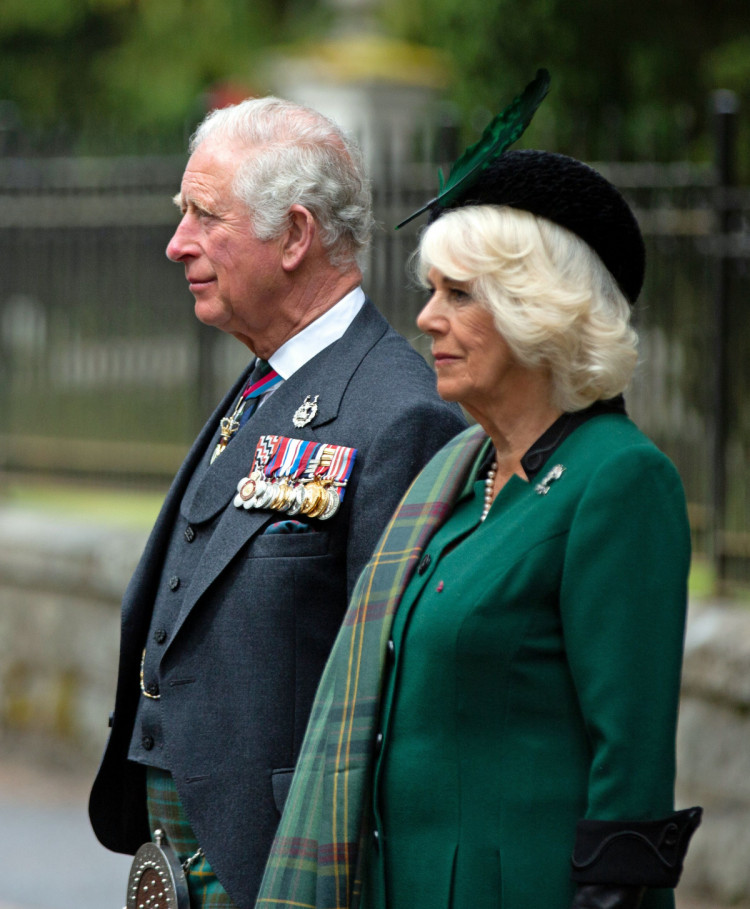King Charles III's battle against pancreatic cancer has taken a controversial turn, with the monarch reportedly eschewing traditional medical treatments in favor of alternative therapies, including homeopathic remedies. This unconventional approach, rooted in Charles's long-standing advocacy for holistic medicine, has sparked concerns within the royal circle and the broader medical community about its efficacy and potential risks.
According to palace insiders, the 75-year-old king is relying on a regimen that includes arsenic capsules and snake venom, among other non-traditional treatments, to combat his illness, as reported by GLOBE, "His Majesty's life is on the line! This is not the time for him to experiment with debunked treatments. You can't treat cancer with hocus-pocus."
This decision aligns with Charles's historical promotion of alternative medicine but has alarmed members of the royal family and medical professionals who advocate for evidence-based cancer treatments.
Dr. Michael Dixon, a known proponent of alternative medicine and the royal physician appointed by Charles, is at the forefront of the king's medical team. Dixon's endorsement of unconventional treatments, including herbalism and faith healing, has raised eyebrows in the past. His approach to healthcare reflects a broader debate over the place of alternative medicine within modern medical practice.
Critics, including Dr. Edzard Ernst, a vocal opponent of homeopathy, argue that such treatments are at best ineffective and at worst harmful. The British Medical Association has famously criticized homeopathy, which often uses highly diluted substances for therapeutic purposes, as akin to witchcraft. Despite this, proponents like Dr. Vikas Sharma, known as Dr. Homeo, claim that homeopathic medicines can effectively cure early-stage cancer.
The king's diagnosis, revealed following a hospital stay for a benign prostate issue, has put a spotlight on his health and the potential implications for the monarchy. With pancreatic cancer's notably low survival rate, the choice of treatment strategy is critical. Yet, Charles's preference for alternative therapies over chemotherapy, a standard cancer treatment he has previously criticized, underscores his commitment to holistic health principles, even in the face of life-threatening illness.
Tom Bower, author of "Rebel Prince," as reported by GB News, reflected on the King's longstanding opposition to chemotherapy: "He's always argued against it. Charles is a great believer in natural herbs and potions. I'm just worried the alternative medicine won't provide the cure conventional medicine would."
This situation has reportedly caused distress among royal family members, with Queen Camilla and Prince William, the heir apparent, urging Charles to consider more conventional treatment paths. The fear is that the king's gamble on unproven remedies could not only jeopardize his health but also impact the monarchy's stability.
The debate over King Charles's treatment choices reflects broader questions about the role of alternative medicine in treating serious diseases. While some advocate for a holistic approach that encompasses a range of therapeutic options, others caution against abandoning scientifically validated treatments in favor of less studied alternatives.
As King Charles continues his treatment, the outcome of his health battle will likely fuel ongoing discussions about the efficacy and ethics of alternative medicine, especially when employed in life-and-death scenarios.





